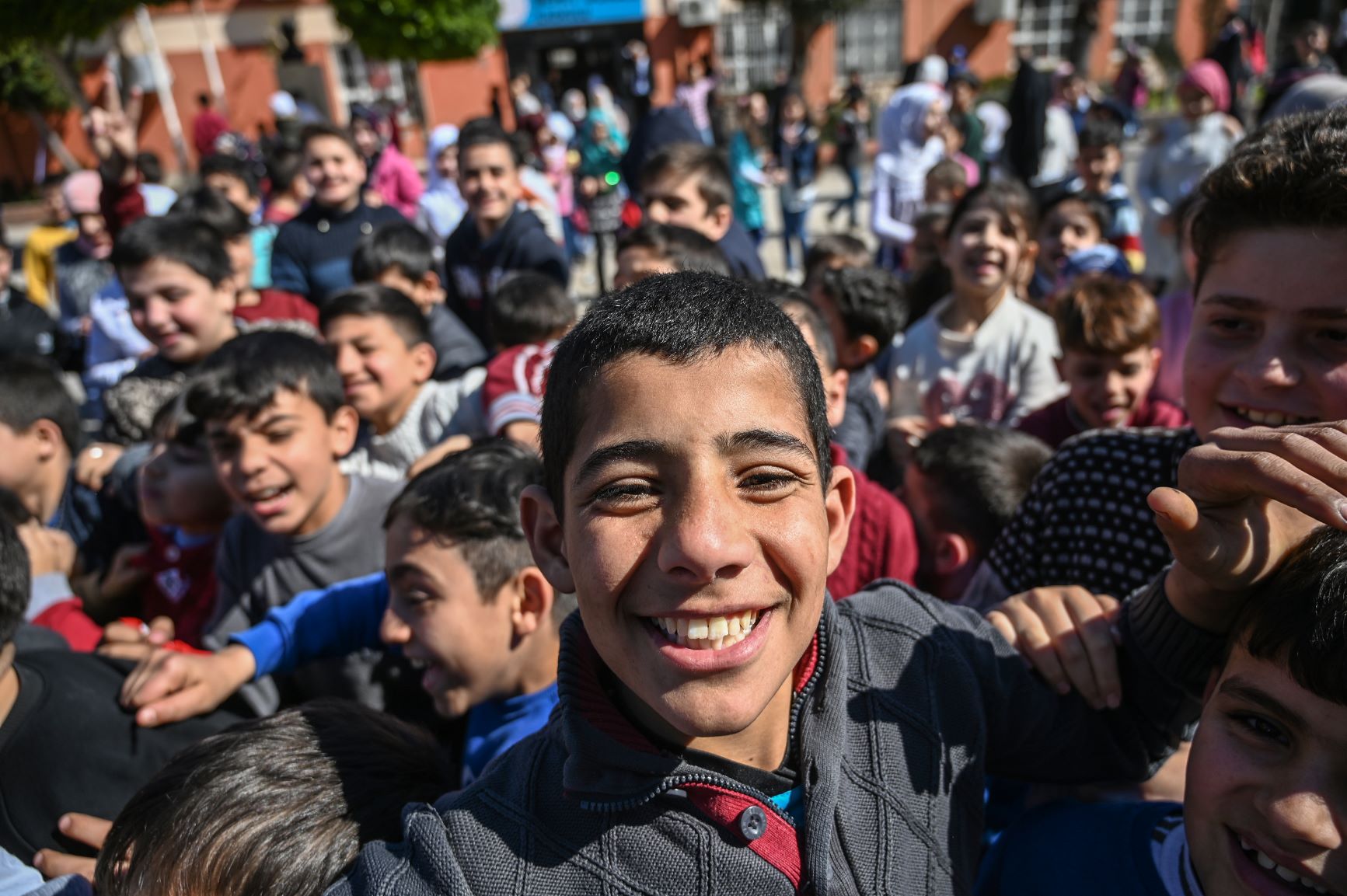
- ARAB NEWS
- 01 Jul 2025

Diana Farah
Dr. Louay Fallouh, a project manager at the UN Development Programme (UNDP) in Syria, initially considered his Japanese language class at the University of Damascus a mere extracurricular activity.
At the time, he had little idea that this course would lead him to an experience of a lifetime at the University of Chiba in Japan.
The physical health specialist learned about the Ministry of Education, Culture, Sports, Science and Technology (MEXT) program while he was pursuing his medicine degree in Syria. The Japanese scholarship ended up making him what he is today.
Shimizu Sohichi, the deputy chief of mission at Japan’s Ministry of Foreign Affairs, said the MEXT scholarship helps 20-30 students annually.
“There’s no specific number as it all depends on their fields of study and their competencies,” he said, adding that the MEXT program only offers one type of scholarship to Syrian citizens: The Research Students Program.
The Japanese government provides grants to postgraduate students who intend to pursue their research in the country and receive a master’s degree or Ph.D. from Japanese universities.
Fallouh spent five years in Japan, where he stayed in the city of Chiba from 2005 until 2010, pursuing his doctorate in orthopedic surgery.
“As I was interested in sports medicine, I joined the respective unit under the orthopedic surgery department, where I did one year of basic research,” he said.
“Then I was admitted to the Ph.D. program and continued my research on regenerative medicine, or tissue regeneration using stem cells.”
Fallouh said he had the chance to publish his research in the American Journal of Bone and Joint Surgery.
He also presented his work at, and participated in, several international conferences in Japan, the US and Brazil.
Fallouh said it is difficult to decide what he enjoyed most during his time in Japan, but he is grateful for the “transformation and growth” he experienced.
“With the help of my Japanese friends and colleagues, I tried to live as much as possible as the Japanese do, and this was important in enriching my experience,” he added.
Sohichi said the Japanese Embassy accepts applications from Syrian citizens living in and out of their country.
The process takes about nine months and requires its applicants to be under the age of 35, fluent in English or Japanese, and holders of a bachelor’s degree with a minimum point average of 70 percent.
Once accepted into the program, candidates are granted around 143,000 yen ($1,350) per month, with an additional allowance of 2,000 yen.
But Sohichi said the sums of money could change depending on the Japanese government’s budget.
Similar scholarship programs are provided to Palestinian refugees, and there are internship programs for Emirati students.